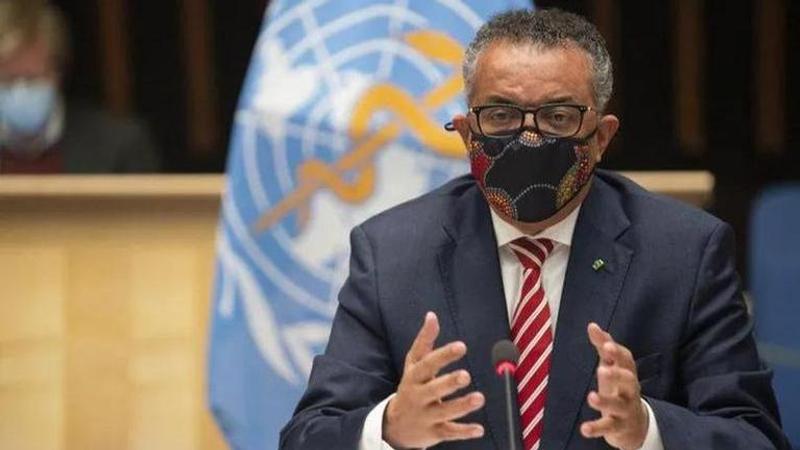Published 20:15 IST, October 16th 2020
WHO backs remdesivir trial data after Gilead terms it inconsistent with 'robust evidence'
WHO trial data on Gilead Sciences Inc.'s remdesivir is reliable, said an independent statistician hired by the UN health agency to evaluate the results.

The World Health Organisation (WHO) trial data on Gilead Sciences Inc.'s experimental antiviral drug remdesivir is reliable, said an independent statistician hired by the UN health agency to evaluate the Solidarity trial results. The WHO announced on October 15 that the interim results from the Solidarity Therapeutics Trial indicate little or no effect of remdesivir on 28-day mortality or the in-hospital course of COVID-19 among hospitalized patients.
The American biopharmaceutical company criticised the UN agency for releasing initial data prior to publication in a peer-reviewed journal. Gilead Sciences said in a statement that the emerging data appear inconsistent with “more robust evidence” from multiple randomized, controlled studies published in peer-reviewed journals validating the clinical benefit of remdesivir.
“We are concerned that the data from this open-label global trial have not undergone the rigorous review required to allow for constructive scientific discussion, particularly given the limitations of the trial design,” the statement read.
'Real-world evidence'
Richard Peto, Professor of Medical Statistics and Epidemiology at the University of Oxford, told reporters that the result is reliable, calling it “real-world evidence”. The statistician suggested the company will try to contradict it, urging people to not believe such claims. The WHO had earlier said that the world’s largest randomized control trial on COVID-19 therapeutics has generated conclusive evidence on the effectiveness of repurposed drugs for the treatment of COVID-19.
“The study, which spans more than 30 countries, looked at the effects of these treatments on overall mortality, initiation of ventilation, and duration of hospital stay in hospitalized patients,” WHO said in a statement.
In recognition of the current public health emergency and based on available clinical data, the approval status of the drug varies from country to country. Last week, Gilead Sciences and the European Commission signed a joint procurement agreement (JPA) that would allow the bloc to purchase an additional 5,00,000 doses of remdesivir after several European countries said they are experiencing a shortage.
(Image: AP)
Updated 20:15 IST, October 16th 2020




